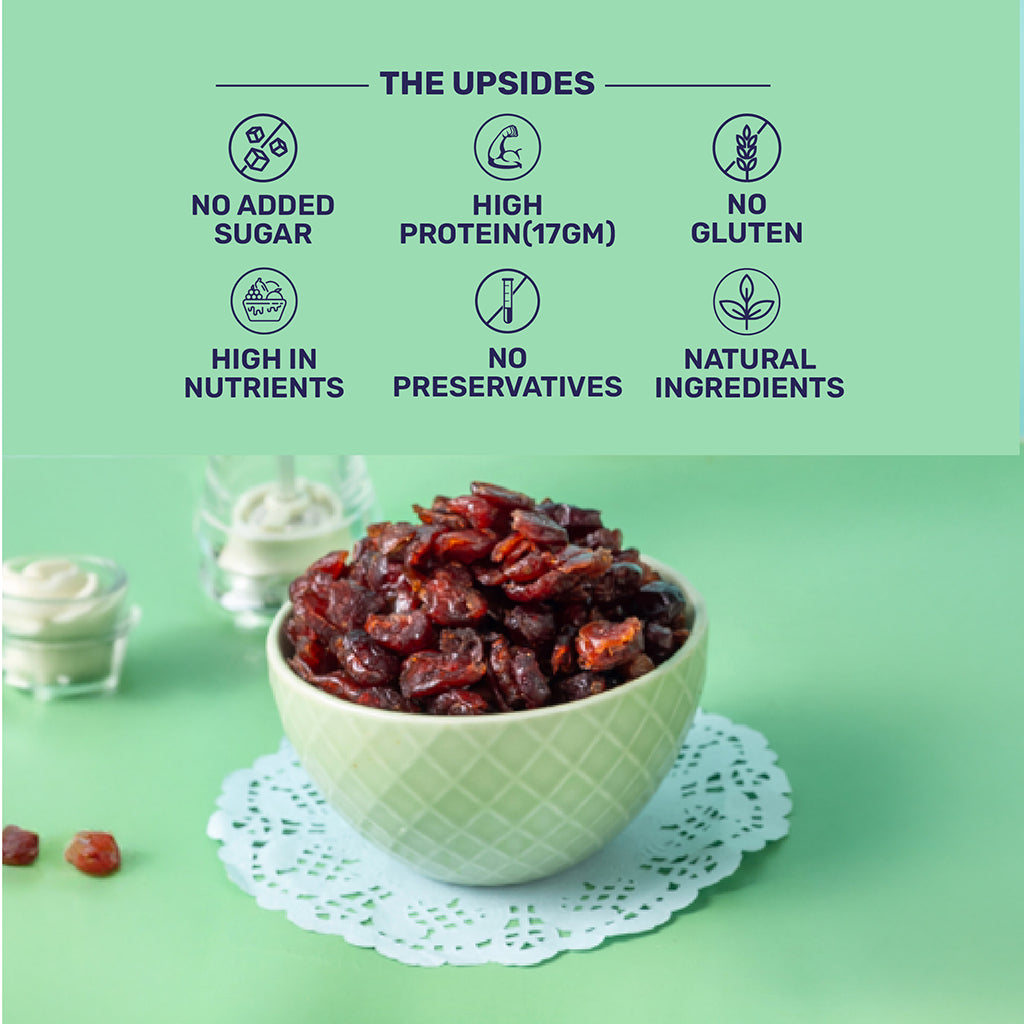
When we think about health, we often focus on the external aspects, such as maintaining a healthy weight, staying physically active, or practicing mindfulness. While the external health factors are important, the internal world of our gut is equally, if not more, crucial. It plays a pivotal role in our overall health.
While the gut is typically associated with digestion, it's far more than a processing center for the food we consume. It's a complex, living community of trillions of microorganisms, including bacteria, viruses, fungi, and more. Together, they form what's known as the gut microbiome, a dynamic and interactive population that influences not only our digestive processes but our overall health.
It is important to understand gut microbiome, as many small to big health issue like hair fall, skin issues and cancer have some association with unhealthy gut. Let’s explore more about gut health and how to improve it
What is Gut Health?
Gut health refers to the well-being of our gastrointestinal system, which includes the stomach, small and large intestines, and the trillions of microorganisms living within particularly the gut microbiota. It involves the presence of good gut bacteria, a diverse microbial community, and the absence of harmful pathogens. A healthy gut facilitates proper digestion, absorption of nutrients, and contributes to a robust immune system. Maintaining a healthy gut is essential for overall well-being. Here are some tips on how to improve gut health and food for healthy gut.
The Metabolic Connection
Gut health and metabolic health are intricately intertwined and a healthy gut is essential for several reasons. Here are a few important factors to understand:
Digestion and Nutrient Absorption
The good bacteria also known as microbiota present in the gut breaks down food and enhances nutrient absorption, ensuring our body receives the essential vitamins and minerals and is effectively utilised by the body for overall health.
Metabolism Regulation
The gut microbiome influences metabolic processes, including energy metabolism and the regulation of blood sugar levels.
Immune System Support
A significant portion of our immune system resides in the gut. A balanced gut microbiome helps defend against harmful pathogens and protect us from harmful diseases. In order to stay immune from the diseases, maintaining gut health is very essential.
Mood and Mental Health
The gut-brain connection is real. Research has shown that a healthy gut can positively influence our mood and mental well-being.
Inflammation Control
A well-balanced gut microbiota helps regulate chronic low-grade inflammation, which is linked to various chronic diseases such as obesity and Type 2 diabetes.
Signs of a Healthy Gut
How can we tell if our gut is in good health? To identify know some signs of a healthy gut:
- If we have regular bowel movements then our gut is in good state
- If we experience minimal bloating or gas then it is completely fine. Our stomach is completely fine.
- If our energy levels are consistent then our metabolism is at the right point.
- Healthy skin is the biggest sign that our stomach is in good shape and there is no hormonal imbalance.
- A well-functioning immune system indicates that we are protected from the diseases and our gut bacteria are doing their job properly.
How to Improve Gut Health
Maintaining a healthy gut involves particular lifestyle choices and dietary habits. Improving gut health is very essential as it is the matter of the overall well being of a human body.
Eat a Diverse Diet
Incorporating a variety of high-fiber foods like fruits, vegetables, whole grains and lean proteins supports a diverse gut microbiome. Consuming fiber rich food benefits in nourishing the microbes present in the gut and it improves metabolic health.
Fermented Foods
Incorporate probiotic-rich fermented foods, it helps in better digestion and increases good gut bacteria.
Pre-biotics
Include foods high in pre-biotics in our diet such as garlic, onions, bananas and asparagus to support the growth of beneficial microbes in the gut.
Limit Sugar and Processed Foods
Excessive consumption of sugar and highly processed foods can disrupt gut balance. Minimise the consumption of highly processed and sugary foods to improve gut health.
Stay Hydrated
Keeping our body well hydrated is essential for a healthy gut lining. Drinking 3 to 4 liters of water to improve digestion and metabolic health.
Manage Stress
Chronic stress can negatively impact the gut health. Practicing stress-reduction techniques like meditation, breathing exercises can help manage stress well.
Get Quality Sleep
Aim for 7-9 hours of quality sleep each night to support gut health.
Understanding the intricate relationship between gut health and metabolic health is very essential. Gut health is a vital aspect of our overall well-being, influencing everything from digestion to immunity and mental health. By adopting a balanced and a healthy food lifestyle, we can nurture our gut microbiome, reduce the risk of metabolic disorders and promote long-term health and vitality.
Upside Health also promotes the wellness of metabolic health by creating healthy fiber and protein rich millet bars and other products such as lean desserts, instant millet dosa premixes, to ensure you intake healthy food for healthy gut. Do check out our products! But remember that individual experiences with gut health can vary. If you have specific concerns or digestive issues, consult a healthcare professional for personalised guidance. Stay healthy!








Comments (0)
Back to Learn